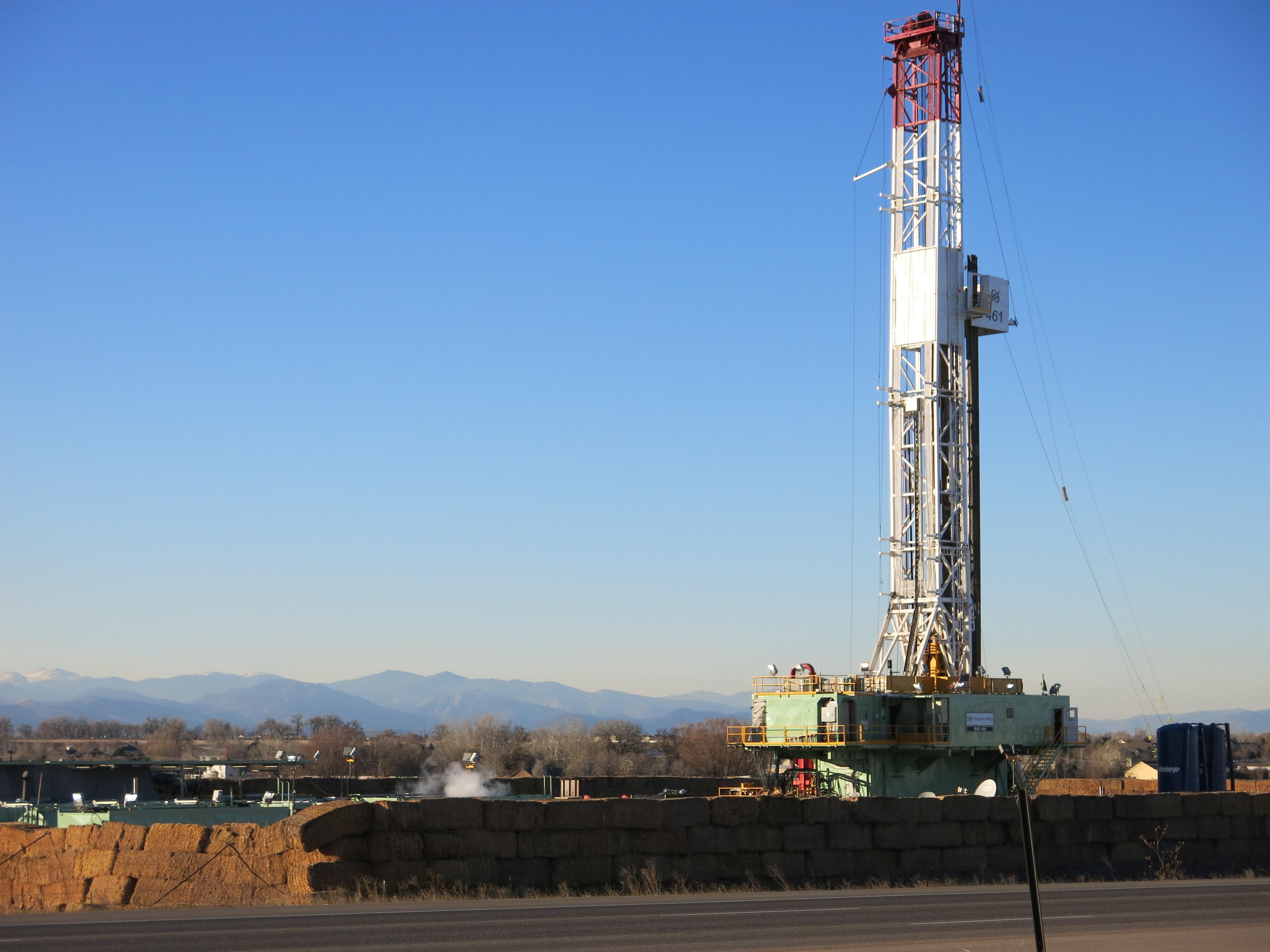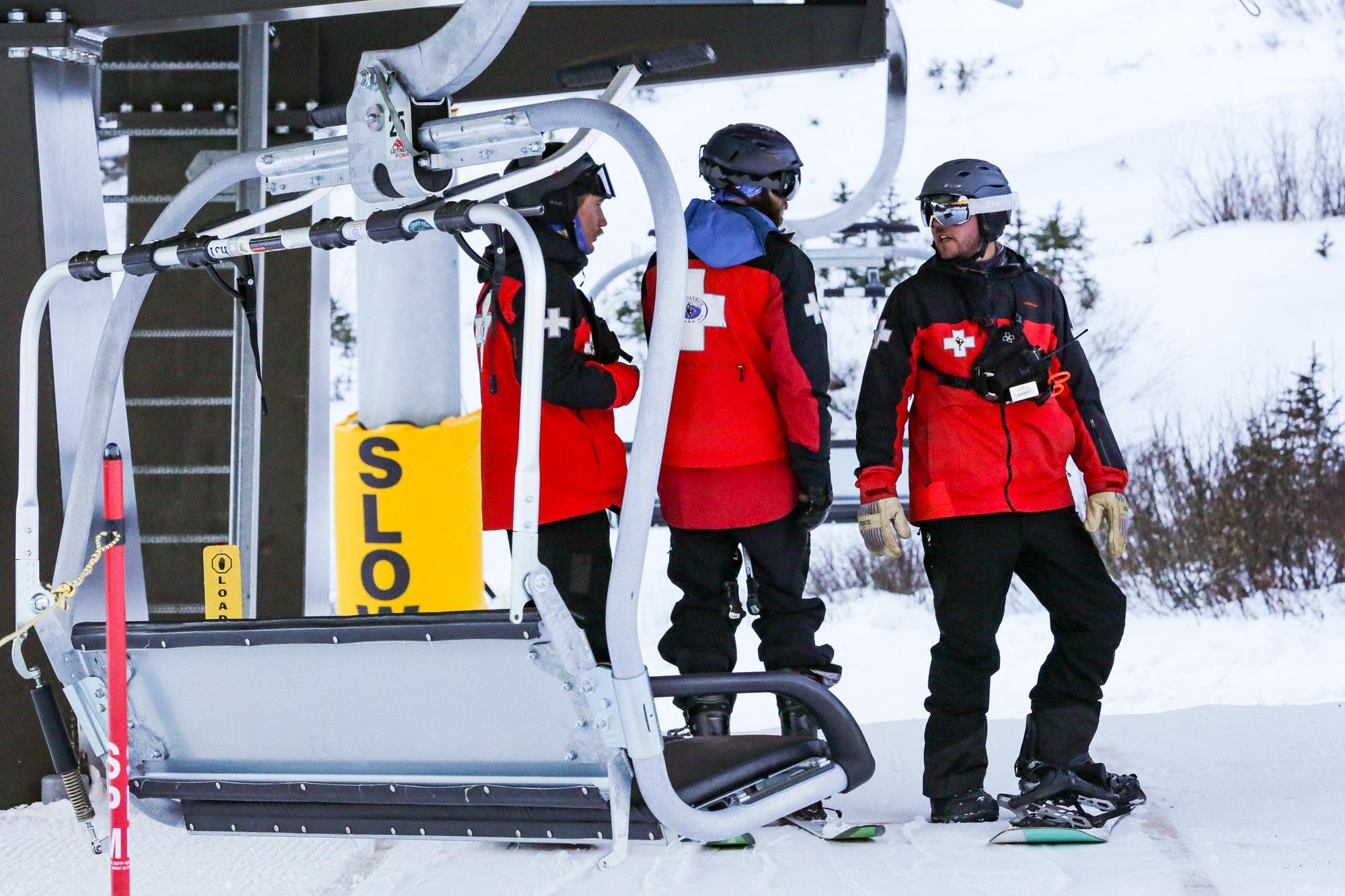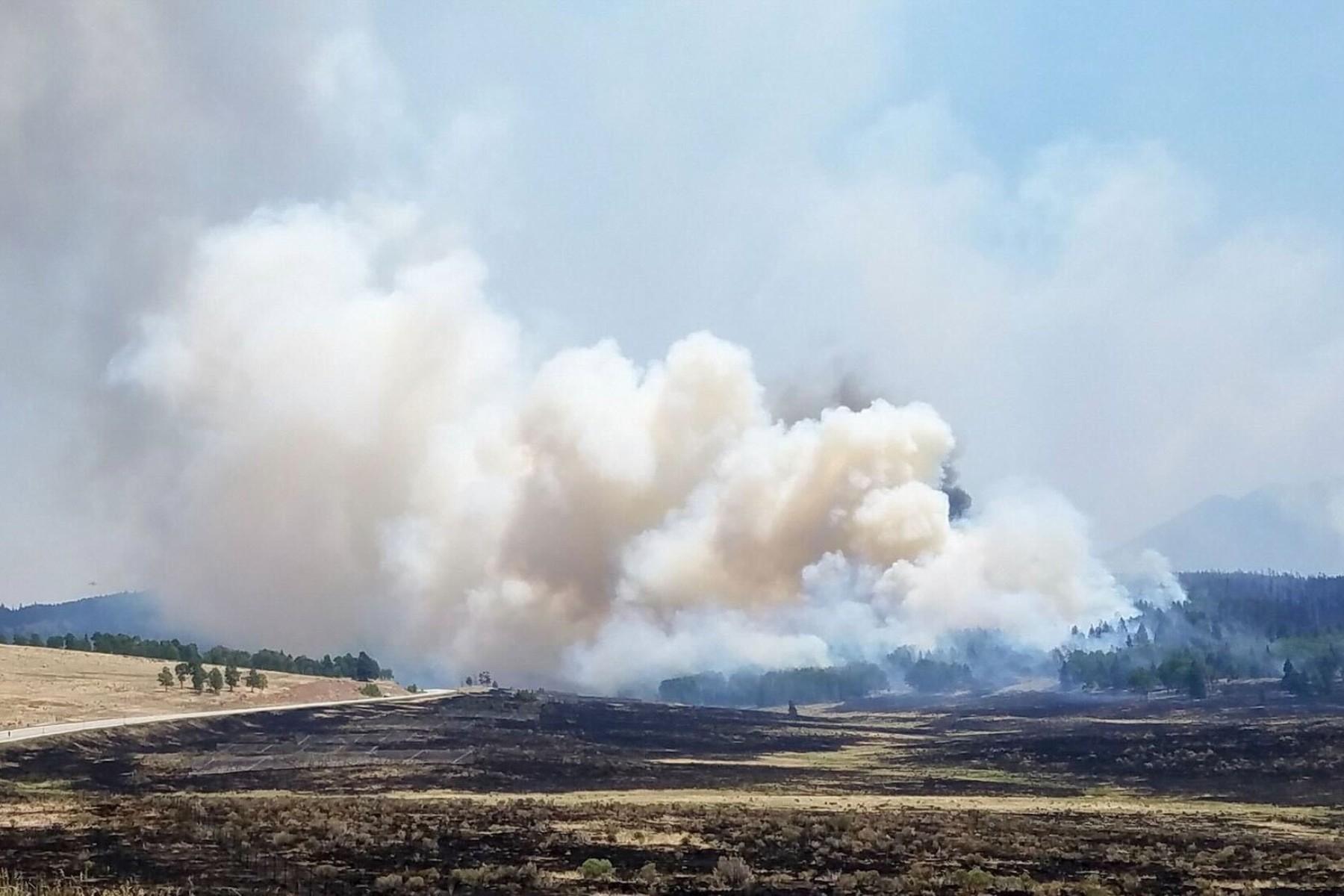
After failing once to bring back Longmont’s ban on hydraulic fracturing, a coalition of environmental groups is making another attempt.
On Tuesday, Colorado Rising and Our Longmont asked the Boulder County District Court if the city can enforce the drilling limit, which voters approved at the ballot in 2012. The court struck down the ban, but a law passed last year gives a community far more power over where and how drilling happens within its boundaries.
The question is: can a community ban drilling outright under the new law?
This isn’t the first time Colorado Rising and Our Longmont have tried to resolve that question by reviving Longmont's ban. Last year, the Boulder District Court initially agreed to reopen the 2014 case involving the city’s drilling limit, but a judge later reversed the decision on technical grounds.
Boulder District Court Judge Nancy Salomone said the court couldn’t revisit a settled matter, but added the groups could file a separate case to argue the legality of fracking ban. This new case takes her up on the offer.
Joe Salazar, the executive director for Colorado Rising and the lead lawyer on the case, said under the law, communities can go so far as banning drilling.
“The plain language of the bill allows local governments to have more protective regulations than the state of Colorado,” he said. “There’s nothing that prohibits local governments from initiating bans and moratoria.”
Democrats who led the push for SB19-181 insisted it wouldn’t lead to new fracking bans in Colorado.
Last March, Colorado Senate Majority Leader Steve Fenberg said the overhaul would allow communities to regulate oil and gas development like any other lawful industrial activity. While they could make siting or land use decisions, they couldn’t deny mineral owners access to their property.
“SB-181 doesn’t actually mention bans. It doesn’t give them that authority because the existing case law would still stand,” he said.
In 2016, the Colorado Supreme Court reaffirmed that case law by stopping Longmont from enforcing its drilling ban. In the opinion, Justice Richard Gabriel said the ban is “preempted by state law and, therefore, is invalid and unenforceable.”
But, since state law has changed, that logic may no longer hold.
The case is unlikely to have an immediate impact in Longmont, which reached a $3 million agreement with oil and gas operators to voluntarily abandon surface drilling inside the city. But a decision could impact other cities and counties considering oil and gas regulations.









